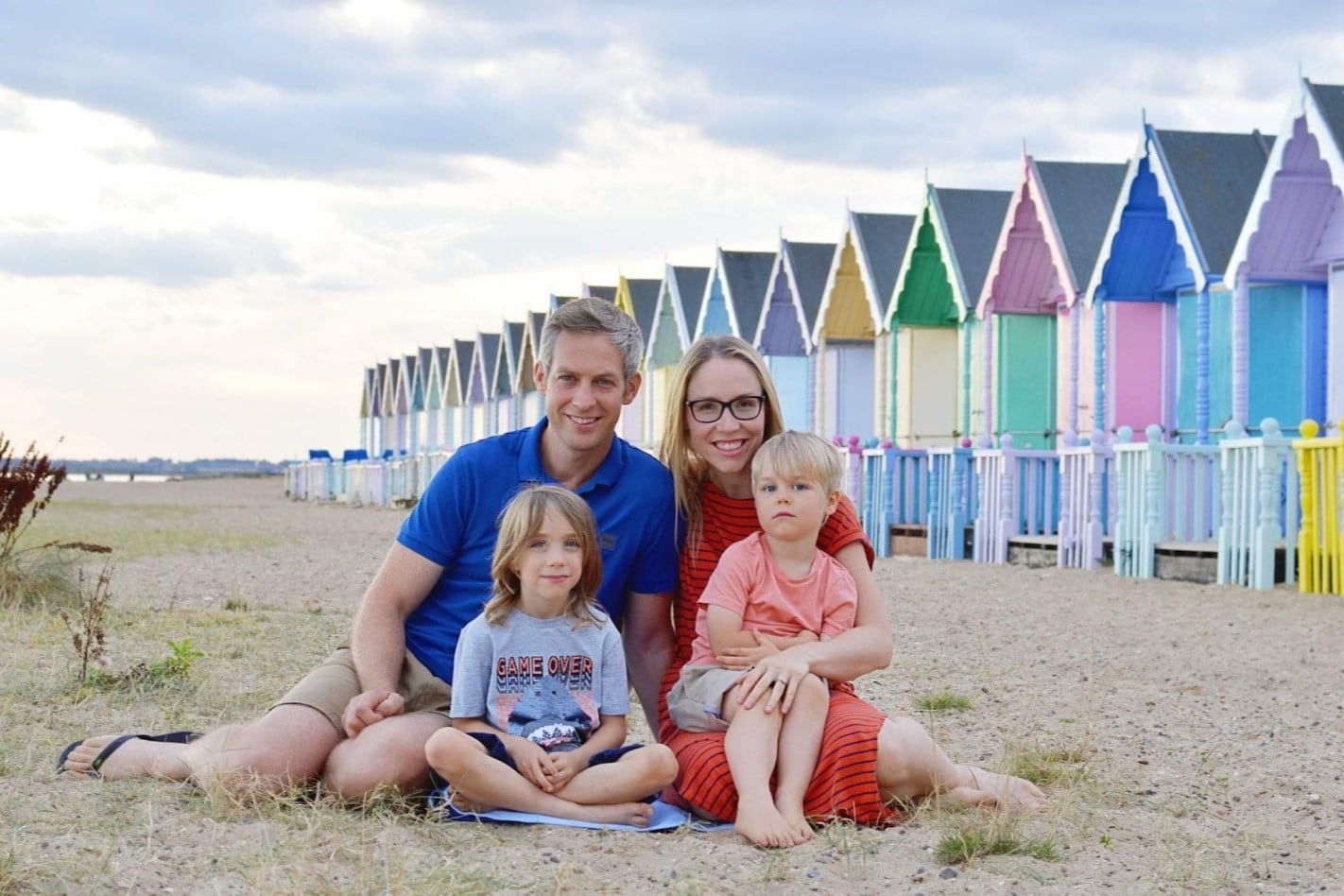3rd May 2022
In support of the UK Maternal Mental Health Awareness Week 2-8 May 2022 (#MaternalMentalHealthAwarenessWeek #MaternalMHMatters), we are delighted to share a Voices blog by Dr Rebecca Moore, Co-founder of Make Birth Better.

Sarah Keen and her family
“It took a health visitor with a mental health background to finally listen to me when I knew something wasn’t right. I felt embarrassed to admit or discuss I had trauma from my birth. I am married to a soldier, who has friends with what I felt was ‘real’ PTSD.”
These words are from Sarah Keen – a Make Birth Better supporter who bravely shared her story with others. So often at Make Birth Better we hear about the difference one compassionate professional can make in someone’s maternal mental health journey. And very often it’s the health visitor who gave them the time they needed to be seen and feel heard.
We asked Sarah why she felt she didn’t have ‘real PTSD’ and what feeling embarrassed meant, she said:
“The embarrassment came from comparison. As a military spouse, I was aware of the impact of PTSD through war. That’s what I considered ‘real PTSD’. It felt self-centered for me to compare my experience of my birth not going the way I had planned, to the impact of combat that my husband’s friends had suffered.
“My feelings about my birth had already been dismissed by many health providers with the old adage, ‘at least the baby is healthy and well’, so I felt like I must be making a mountain out of a molehill – because if all these people who worked with women day in and day out couldn’t see a problem, then to get the label of PTSD must have been a mistake somehow.
“I know now that’s not the way it goes but, at the time, I felt much less confident in my ability to share my story. Doing it now will hopefully help other people feel like they’re not alone in their struggles.”
We can’t advocate enough for the vital difference that health visitors make in supporting women, birthing people and their families to understand postnatal PTSD and birth trauma. Often a health visitor is seeing a woman in their home at the time where trauma symptoms are beginning to emerge. Asking someone how was your birth experience and then really listening can be the start of healing after trauma, and health visitors play a vital role.
To learn more about our work to end suffering from birth trauma, please visit @birthbetter (Instagram) or www.makebirthbetter.org. Please also join us as a champion or share your research.





